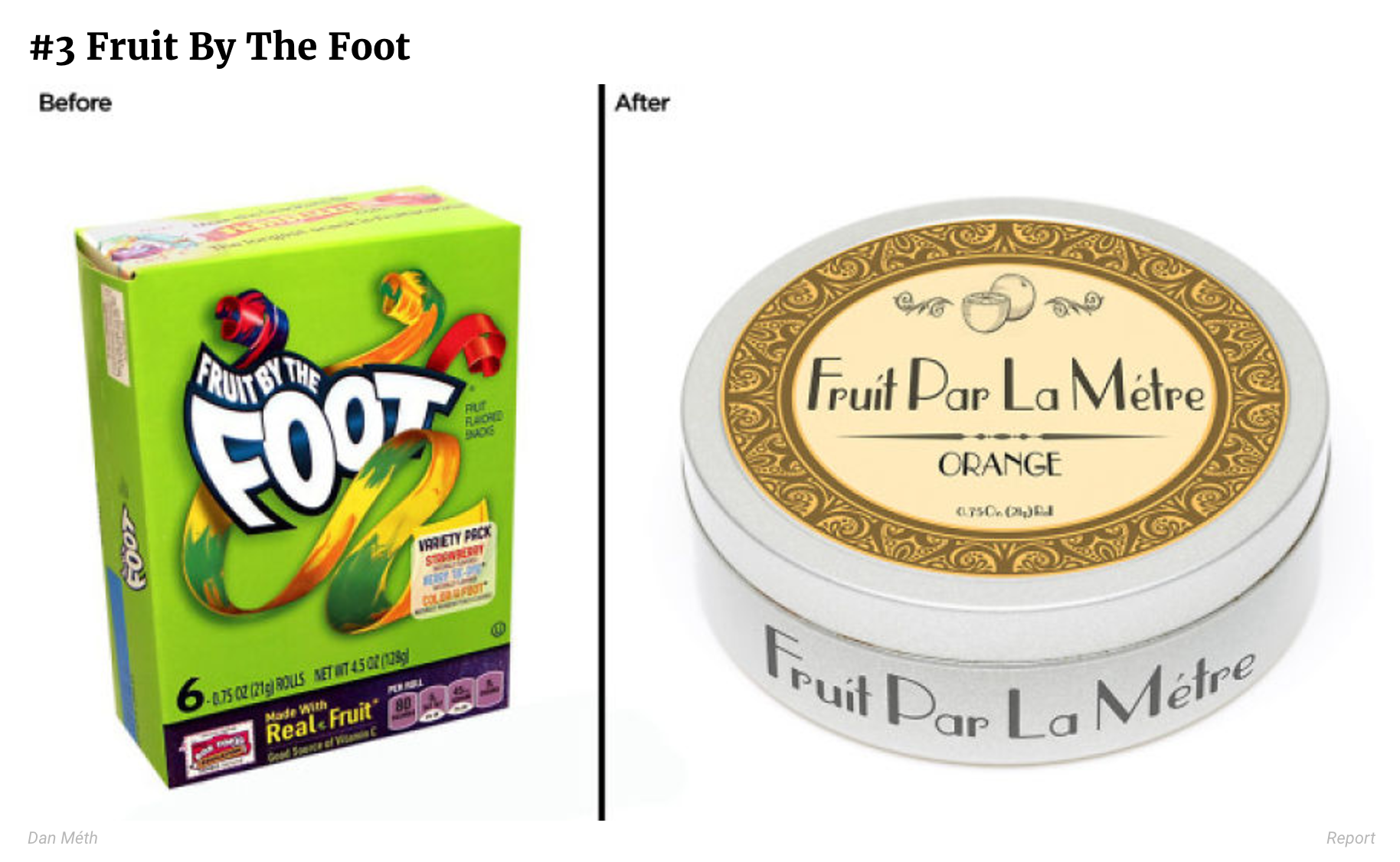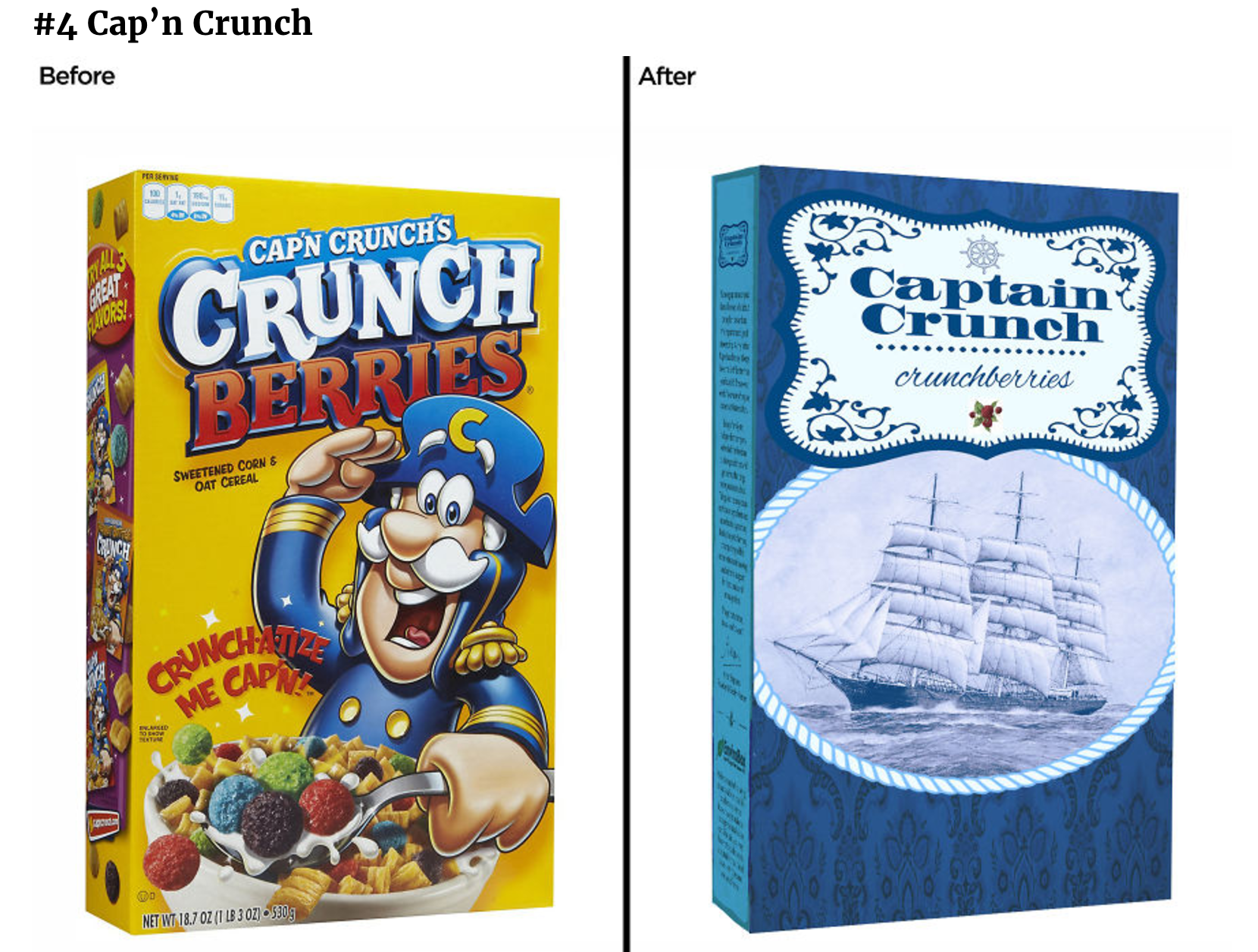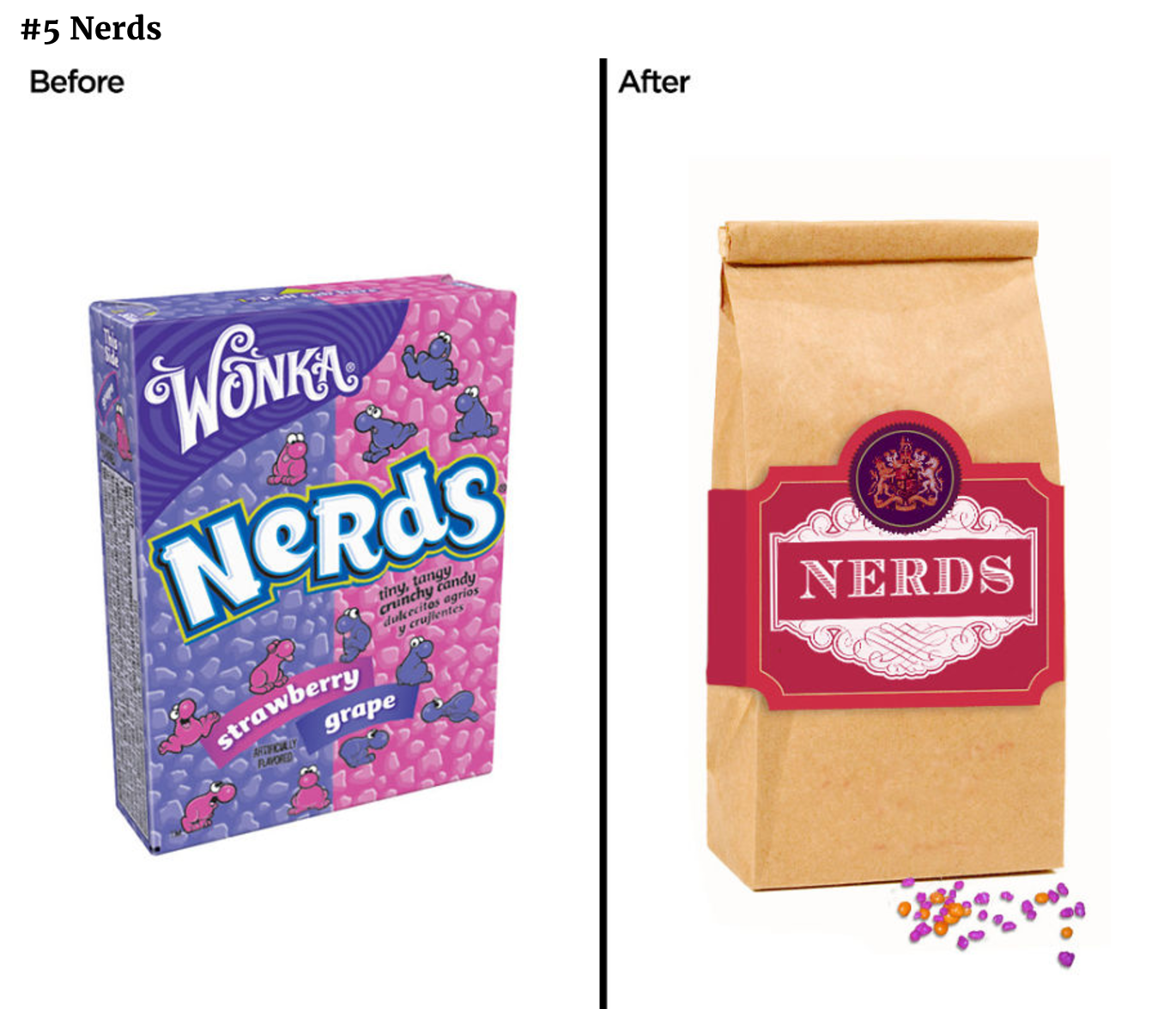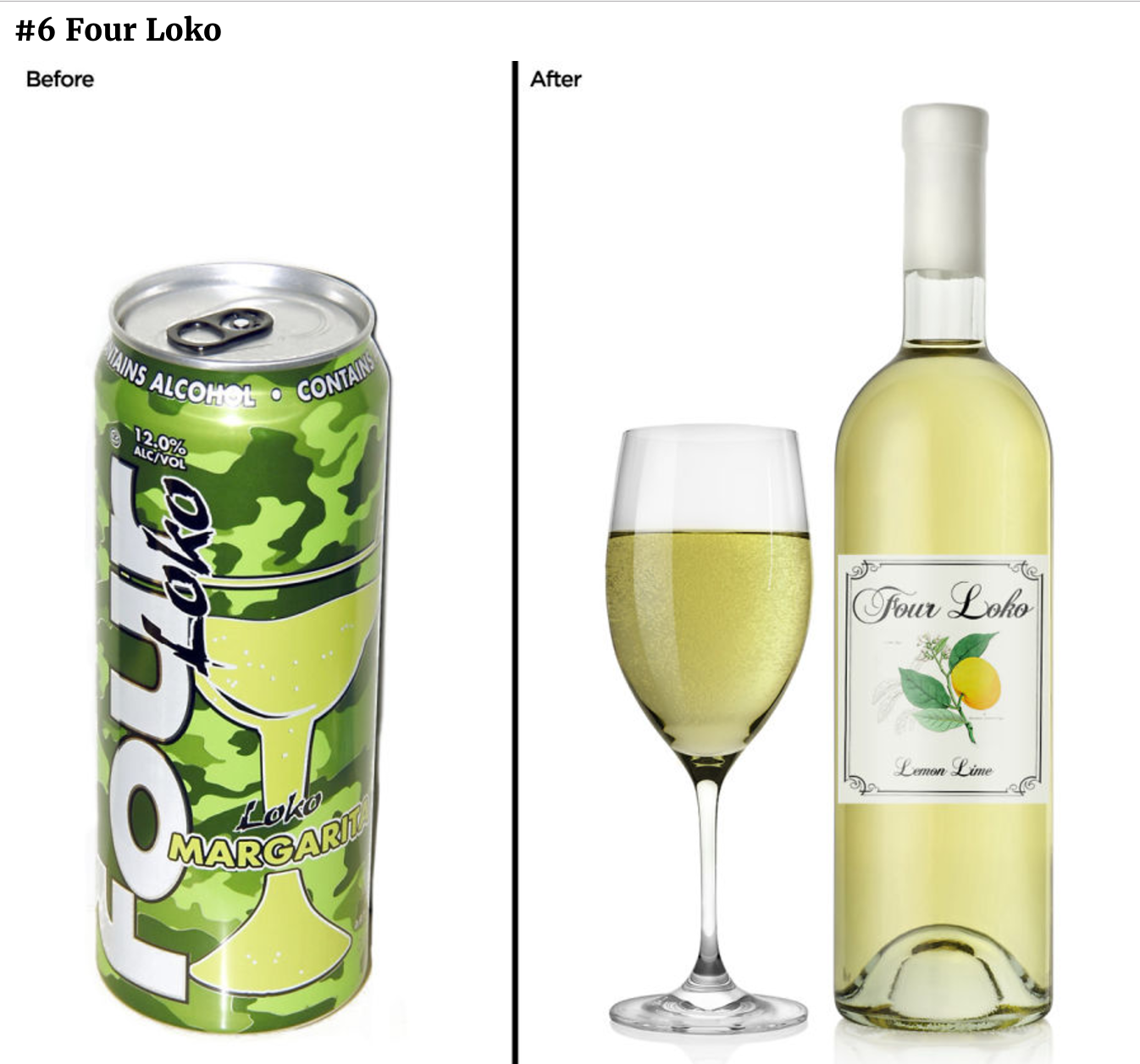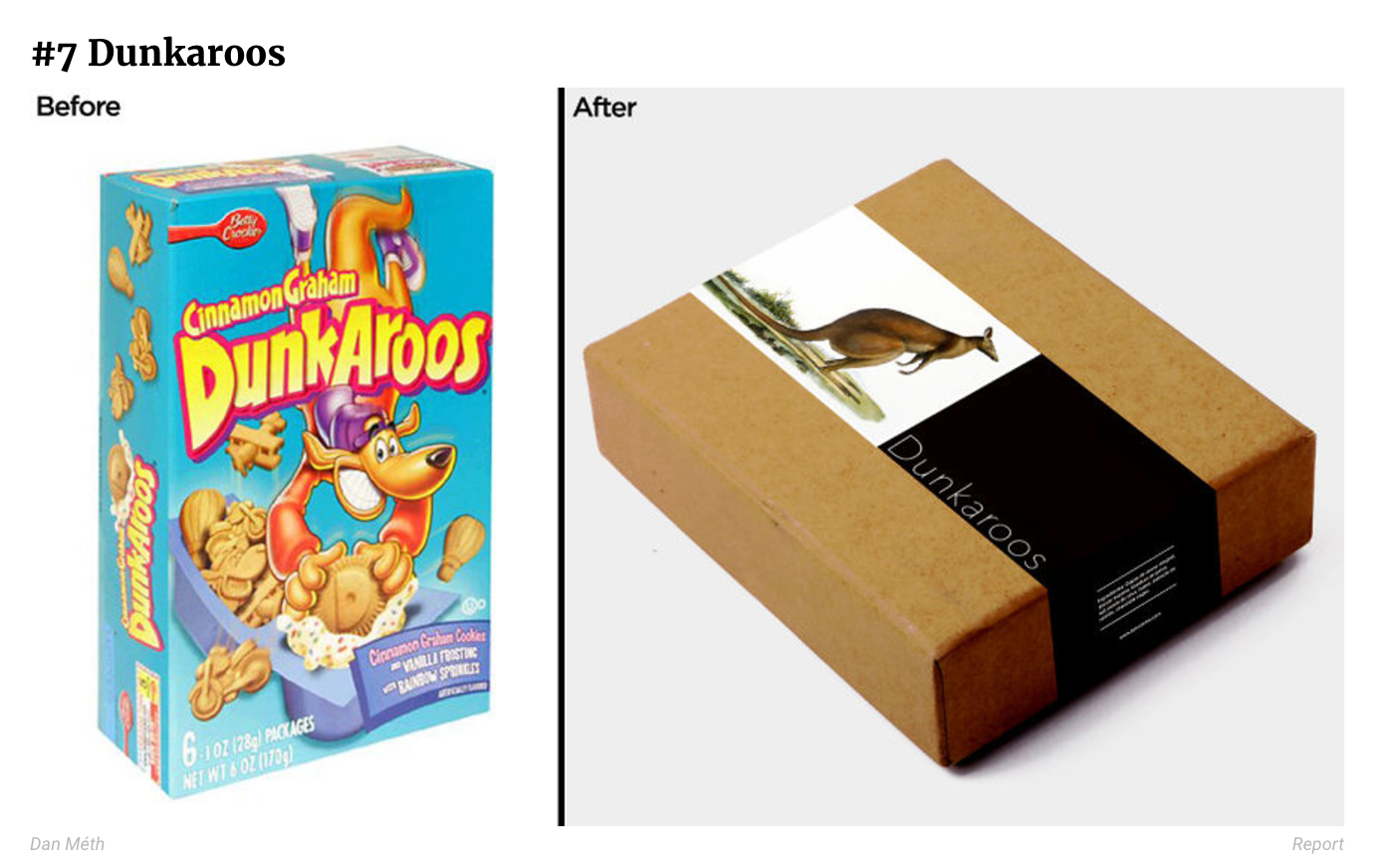favorite finds from the front lines of food
Yup...it's an actual recipe folks!
Bon Appétit Baby!
Hard times at Whole Foods. The chain has had 6 straight quarters of declining sales and as one person put it “I only buy body lotion and lunch here. And maybe spices. There are so many different price points you feel like you are missing out on the more fun, expensive things – and when you are shopping for the cheaper, more affordable things, you’re reminded of the things you can’t afford.” Yeah....shopping there kind of rubs your nose in it doesn't it. (Guardian)
Congrats to all the 2017 James Beard Award winners! While we are sad that A Year In Port didn't make it to the win, it was an honor to be nominated. In case you were wondering The Birth of Saké walked away with the win. (James Beard Foundation)
And just because I think more people should be watching documentaries about wine - here are the two trailers for your viewing enjoyment.
Film is a great way to communicate, it's almost like having a seat at the table...at least it gets the conversation started. The good people over at Perennial Plate know this and make it their business to bring people together while bringing attention to issues that concern us all. Each short film will showcase a family originally from Africa, Asia, Europe, Latin America or the Middle East.
British retailer Co-op has starting to sell only British bacon and has thrown down a real challenge to other UK retailers to do the same. That means that their almost 5,000 outlets have removed Danish bacon and New Zealand lamb making them the first supermarket chain to sell fresh meat exclusively from the UK. The National Farmers Union is pretty excited about it as one can imagine. (Munchies & Farming UK)
And here is an article of how San Francisco chefs are navigating the intersection of food and politics. (SF Chronicle)


